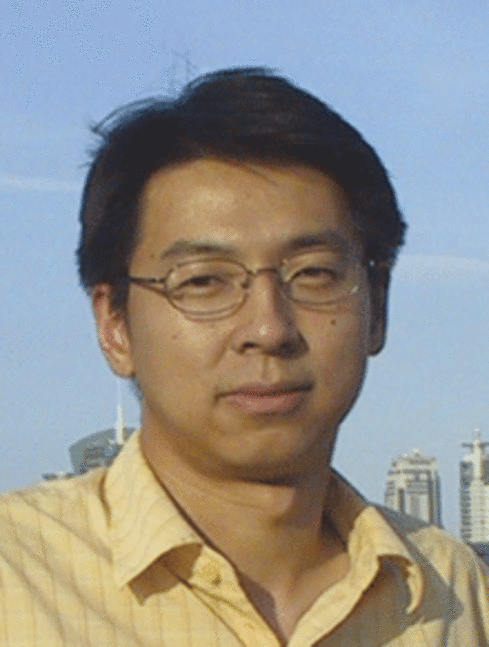2004 Finalist Dr. Kang Shen

Dr. Kang Shen was born and raised in Wuhan, China, and he studied clinical medicine at Tongji Medical University of China. After graduating in 1994 he joined the graduate program at Duke University in North Carolina, where he studied the spatial and temporal control of CaMKII localization in hippocampal neurons in the laboratory of Dr. Tobias Meyer. After receiving his Ph.D. in 1999 he pursued postdoctoral work in Dr. Cornelia Bargmann's lab at the University of California, San Francisco, where he started to address the question of synaptic specificity using C. elegans as a model system. Dr. Shen started his own lab at Stanford University in 2003, where he is focusing on understanding molecular mechanisms of synaptic target specificity.
Understanding synaptic formation and specificity
Just how synapses - the final step in wiring a nervous system - are formed is of particular interest to us. Our lab studies the molecular mechanisms underlying synaptic specificity how neurons recognize each other and select their synaptic partners among contacting neurites. We use molecular, genetic, and cell biological tools to study this question in the nematode, C. elegans, whose very simple nervous system contains only 302 neurons and approximately 6,000 synapses. Our recent studies led to the discovery of a pair of transmembrane Ig Superfamily proteins that serve as cell surface specificity tags to initiate synapse formation. Our ongoing research involves understanding the molecular actions of these molecules as well as searching for other synaptic specificity molecules.
For Dr. Shen’s full essay, see Science Online at sciencemag.org
